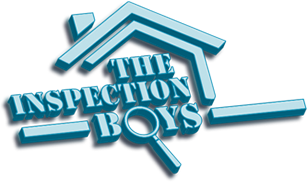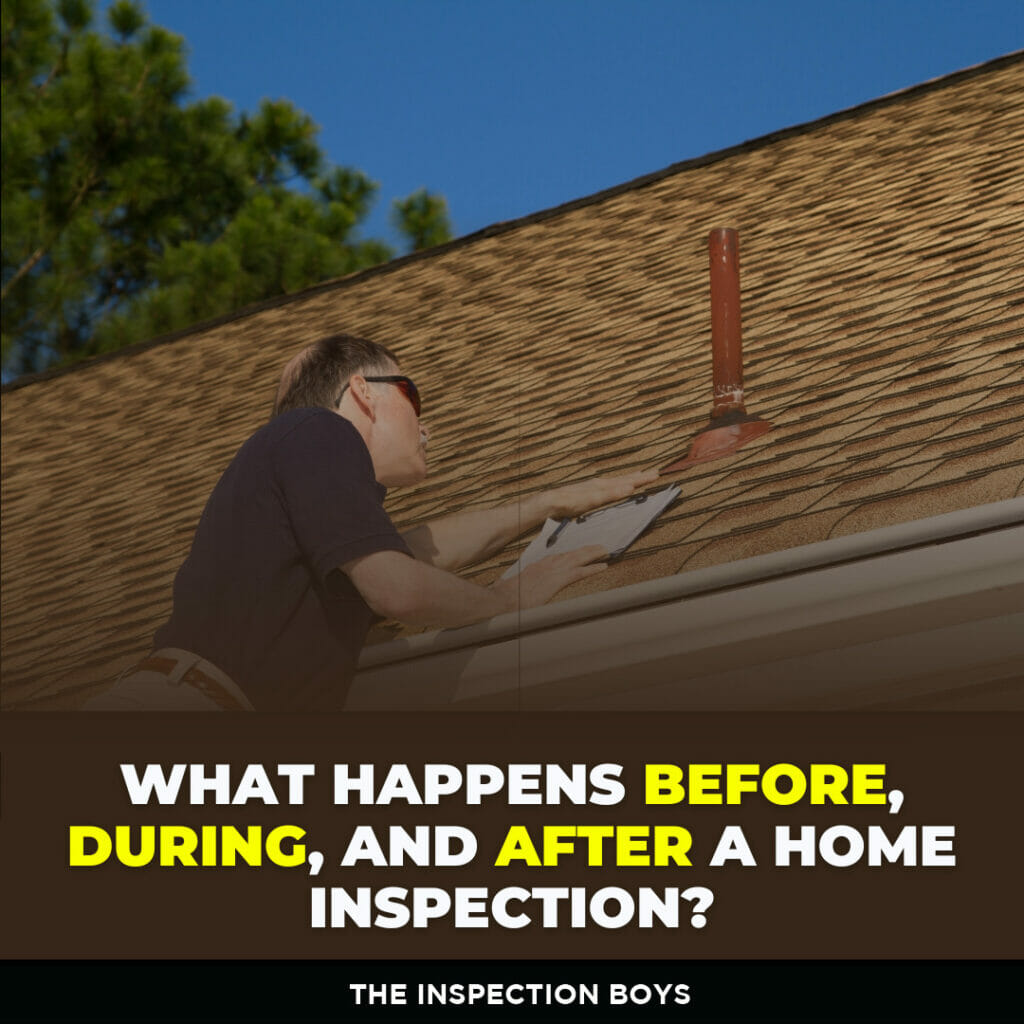A home inspection is a crucial part of the buying and selling journey. A home inspection should be prioritized whether you are a first-time buyer or someone who puts your home on the listed. Here’s a brief overview of what happens before, during, and after the home inspection to help you understand why home inspections are so necessary.
Before the Inspection
A home inspection is a part of the loan process in most banks and mortgage companies. The lender, after all, is investing in the property and has a right to make sure that the investment is sound. In addition, as a buyer, it is important to ensure that your money is going toward a home in good condition and free from significant safety and structural problems.
Usually, the buyer arranges and pays for the home inspection. However, the seller has essential responsibilities before the scheduled home inspection visit. Here are some things that the seller must do in preparation for the home inspection:
- Make sure all keys are available. Home inspectors must have access to every area in your home, so it is crucial to prepare the house keys and keys to sheds, detached garages, locked interior rooms, etc.
- Ensure that the power is on and that appliances and equipment are connected to power so they can be tested.
- Be sure to clear the path to HVAC units, water heaters, exterior walls, and other areas the inspector needs to examine. Ensure that nothing blocks the way, and the home inspectors can easily access these parts of your home.
- Collect and make available vital documents relating to repairs, permits, remodeling, warranties, etc.
The seller should carefully prepare for the home inspection. The last thing you want is for the inspector not to complete his job because that means they will have to do another visit which will undoubtedly delay the sale of your home.
During the Inspection
The home inspector will thoroughly assess the home using some equipment and a camera. The inspector will look for safety issues or significant problems affecting the house’s value. The inspector will have to thoroughly and carefully inspect the following:
- Inspect systems and components inside and out, including HVAC, plumbing, and electrical
- Examine the crawl space and attic as applicable
- Operate appliances and equipment
- Inspect the roof
- Open and close windows and doors
- Look for signs of water damage, pest infestations, or other issues
- Test outlets, switches, and lights
- Inspect the insulation
They will take notes and document their findings with photographs, which will be included in the final report. It is also essential to note that sellers are expected to be away during the inspection while the buyers are encouraged to be present. By being present during the inspection, the buyer will have the opportunity to look through the home and ask the inspectors some questions about the house.
After the Inspection
After the home inspection, the inspectors will review their findings with the buyer. The review will hit the highlights of the home inspection. This is also an opportunity for the buyer to ask questions and get explanations they need to proceed with the deal.
Within three days, the final report will be available. Sometimes, the home inspector will uncover issues that must be addressed before closing the sale. Buyers and sellers will have to negotiate and discuss remedies for these issues.

